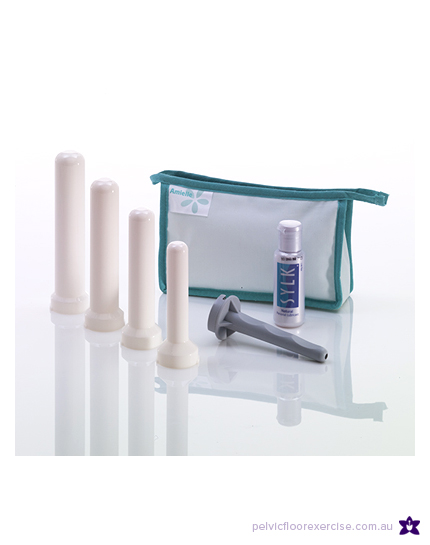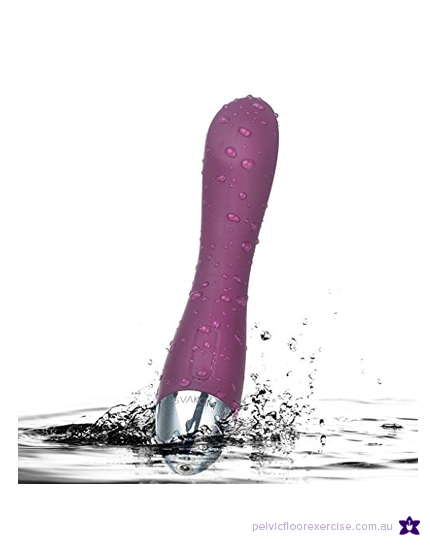When first faced with a diagnosis of breast cancer the uppermost thought is treatment, not consequences.
Initial treatment and ongoing management are the most important considerations but what happens once you are through these stages?
Your hair is growing back, you are regaining confidence and vitality, you have adapted to whichever choice you have made for replacing your breast…..and you are now feeling more like resuming your intimate relationships but here can be where some of the consequences of treatment for breast cancer are experienced.
These are often the ones no one talks about, you may think you should just feel lucky to have survived and shouldn’t complain (or be made to feel this way) but this is not true!
What am I talking about?
Pelvic floor problems, vaginal dryness, difficulty having intercourse, lack of control of the bladder and/or bowel…are all issues that may arise either during or after treatment for breast cancer. And, just like any other time of life, these issues are important and shouldn’t be dismissed nor should you be made to feel that you should live with it.
There are reasons for this, the main ones being the absence of oestrogen or the after-effects of chemo and/or radiation. Your treatment may have involved drug therapy to suppress oestrogen production by your body if your tumour was oestrogen driven, chemo can induce early menopause and radiation can affect tissues as well.
The result can be dryness of the vagina which may cause pain when attempting intercourse; pain can lead to tension and tightness in the pelvic floor muscles which can lead to an inability to have intercourse.
Symptoms of prolapse can worsen, and pelvic floor muscles can weaken- both of which can lead to loss of control of the bladder and/or bowel. Women’s Health Physiotherapists are trained to assess and treat all of these problems.
Please don’t put up with, or accept, any of these signs or symptoms as they can all be addressed.
Treatments can include:
- Pelvic floor muscle exercises.
- Bladder and bowel training (did you know how you sit on the loo is important?)
- Training in use of vaginal dilators and vibrators to assist a graduated, pain free return to a fulfilling sex life.
- Pelvic floor muscle trigger point therapy, relaxation and down- training.
Speak to your oncologist and visit an experienced women's health physiotherapist who will guide you through returning to optimal pelvic floor health.
There is also lots of recent research showing that exercise during chemo treatment is beneficial. A low intnesity home program of exercise was used in the PACES* study.
We also know that maintaining general mobility helps to maintain a strong core and pelvic floor . Regular physical activity is part of the ASC ASCO Breast Cancer Survivorship Guidelines **
For more information on breast cancer please visit the National Breast Cancer Foundation

Amielle Care dilators are specifically designed to maintain patency of vagina

Products to assist sexual health and arousal

REFERENCES
*Design of the Physical exercise during Adjuvant Chemotherapy Effectiveness Study
(PACES):A randomized controlled trial to evaluate effectiveness and cost-effectiveness of
physical exercise in improving physical fitness and reducing fatigue
van Waart et al BMC Cancer201010:673
The material presented here is intended as an information source only. The information is provided solely on the basis that readers will be responsible for making their own assessment of the matters presented herein and are advised to verify all relevant representations, statements and information. The information should not be considered complete and should not be used in place of the advice of a health care provider. Pelvic Floor Exercise does not accept liability to any person for the information or advice provided , or for loss or damages incurred as a result of reliance upon the material contained herein.
© Fiona Rogers, Pelvic Floor Exercise all rights reserved








